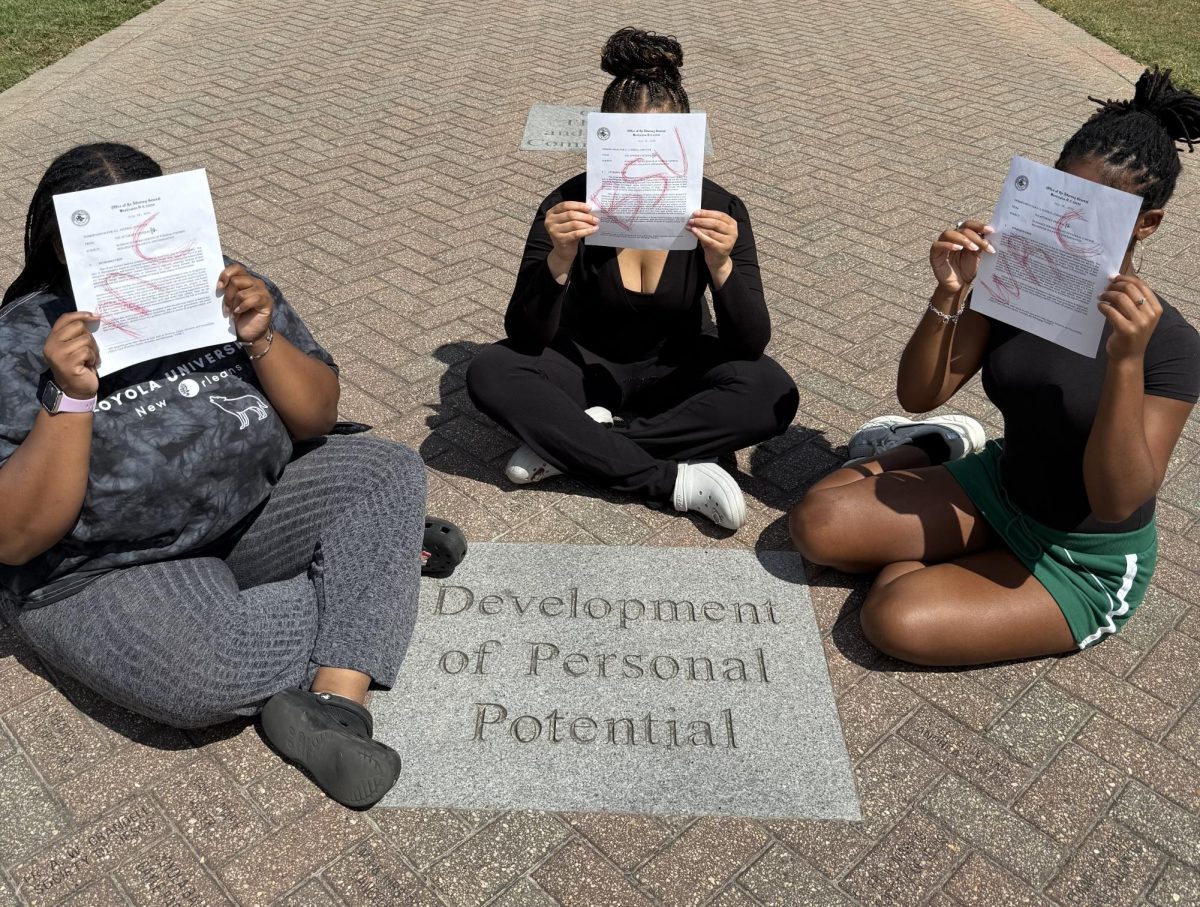Loyola will be generating translators and interpreters in the medical and legal field for the community starting next spring.
The Standing Council for Academic Planning approved the Loyno Translation Interpretation Program at its April 10 meeting. This program is aimed to satisfy the need of translators and interpreters regionally and nationally, according to Uriel Quesada, director of the Center for Latin American Studies.
The program offers three options for a certificate, which are: a certificate in Medical Translating and Interpreting, certificate in Legal Translation and Interpreting and a certificate in Medical and Legal Translating and Interpreting. The length of the coursework varies with each certificate.
The Loyno Translation Interpretation Program is a collaborative effort between multiple departments according to JoAnn Cruz, dean of the College of Humanities and Natural Sciences.
“(The certificate) will be supported by the College of Humanities and Natural Sciences, the Center for Caribbean and Latin American Studies and the Office of Professional Studies,” Cruz said in an email.
Quesada presented the idea for the certificate along with Lisbeth Philip, visiting assistant professor of languages and cultures. Quesada said he believes there is a local, regional and national need for qualified translators and interpreters.
“This will be the first certificate program in the state to address the urgent need for translators in healthcare and legal environments,” said Vice President of Academic Affairs and Provost Edward Kvet in an email.
Cruz agreed with Kvet, “It will be the only such certificate program in Louisiana and the Gulf Coast and will train bilingual speakers in English and Spanish to translate and interpret in the legal and health fields.”
When the program begins in 2013 it will only be offered as a non-credit program, which is open to everyone in the community, according to Quesada. Because the program is a certificate, students cannot use financial aid.
According to Quesada, none of Loyola’s certificates are eligible for financial aid due to the Department of Education’s requirements and the university’s own discouragement of using federal aid for certificates.
However, Quesada said in an email that, “We are hopeful that in the near future this program will be offered as a credit program for traditional undergraduates.”
Quesada encourages bilingual students to look into the program. He said he believes the certificate will bring a lot to the community.
“This program will enhance the Jesuit Values by addressing an urgent need in the local community,” he said.
Hannah Iannazzo can be reached at [email protected]




